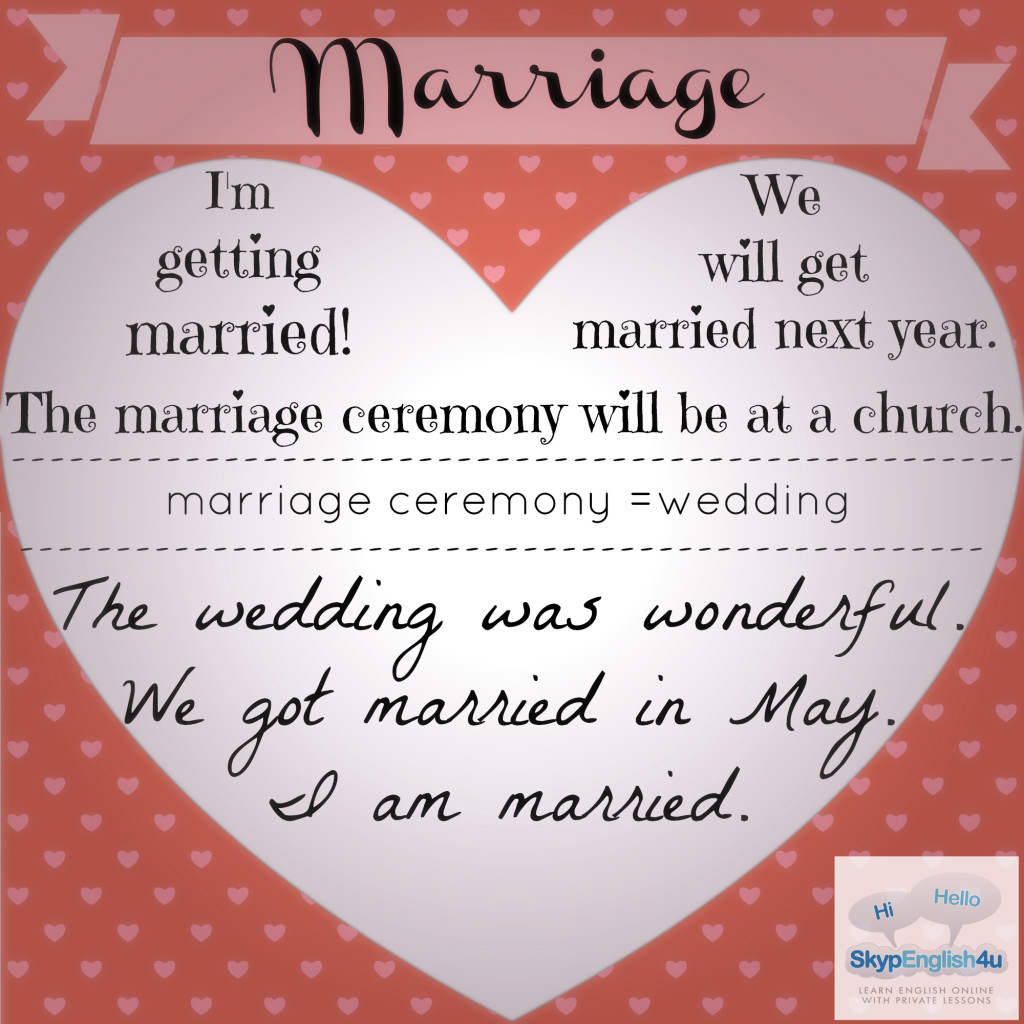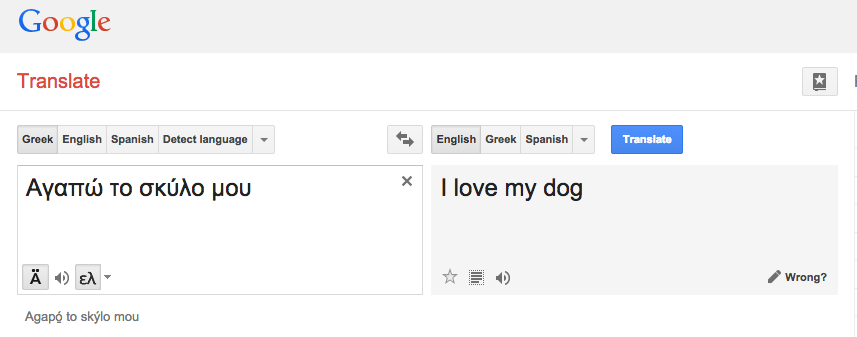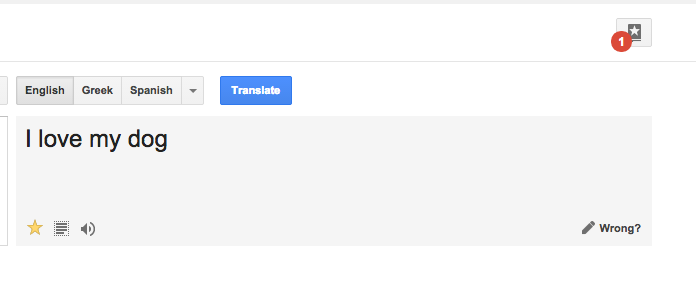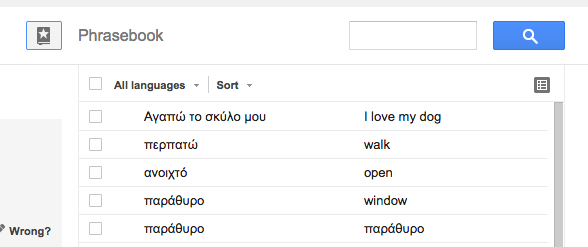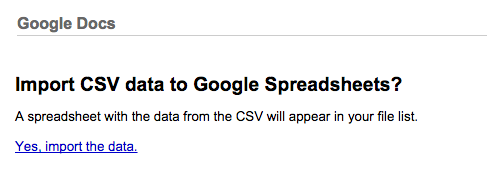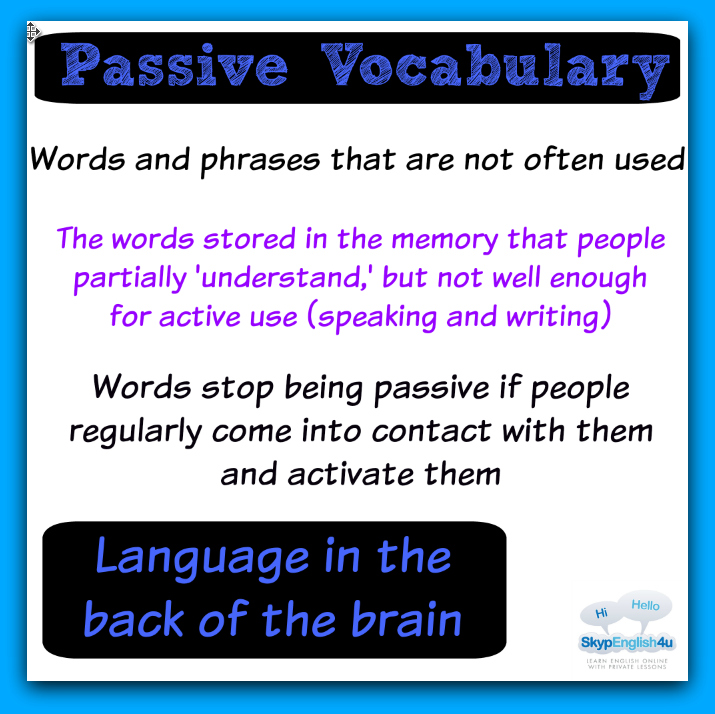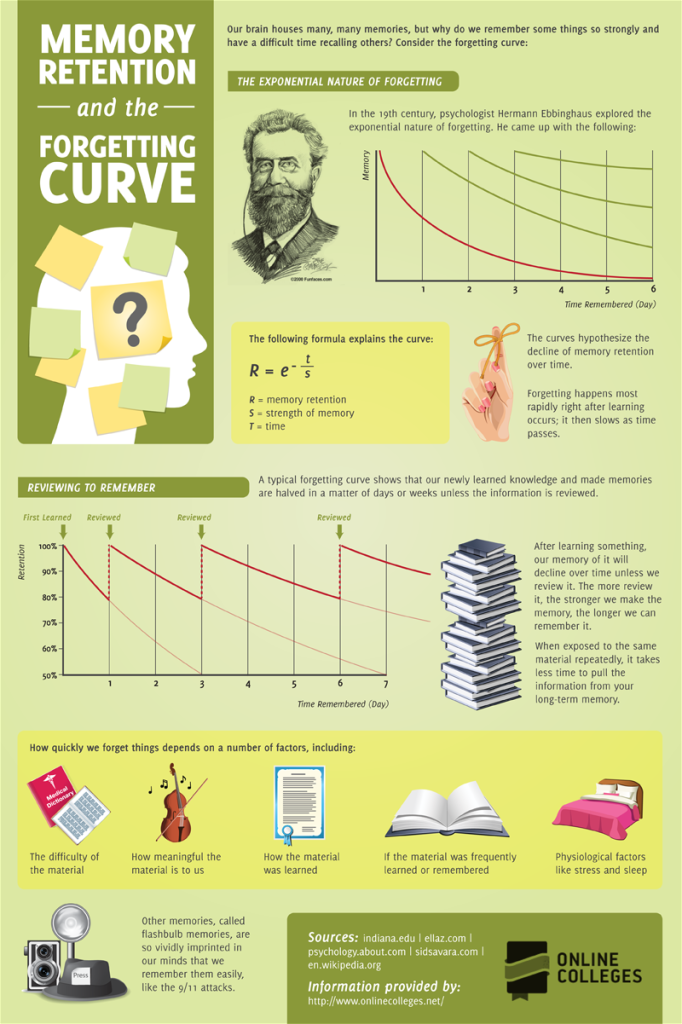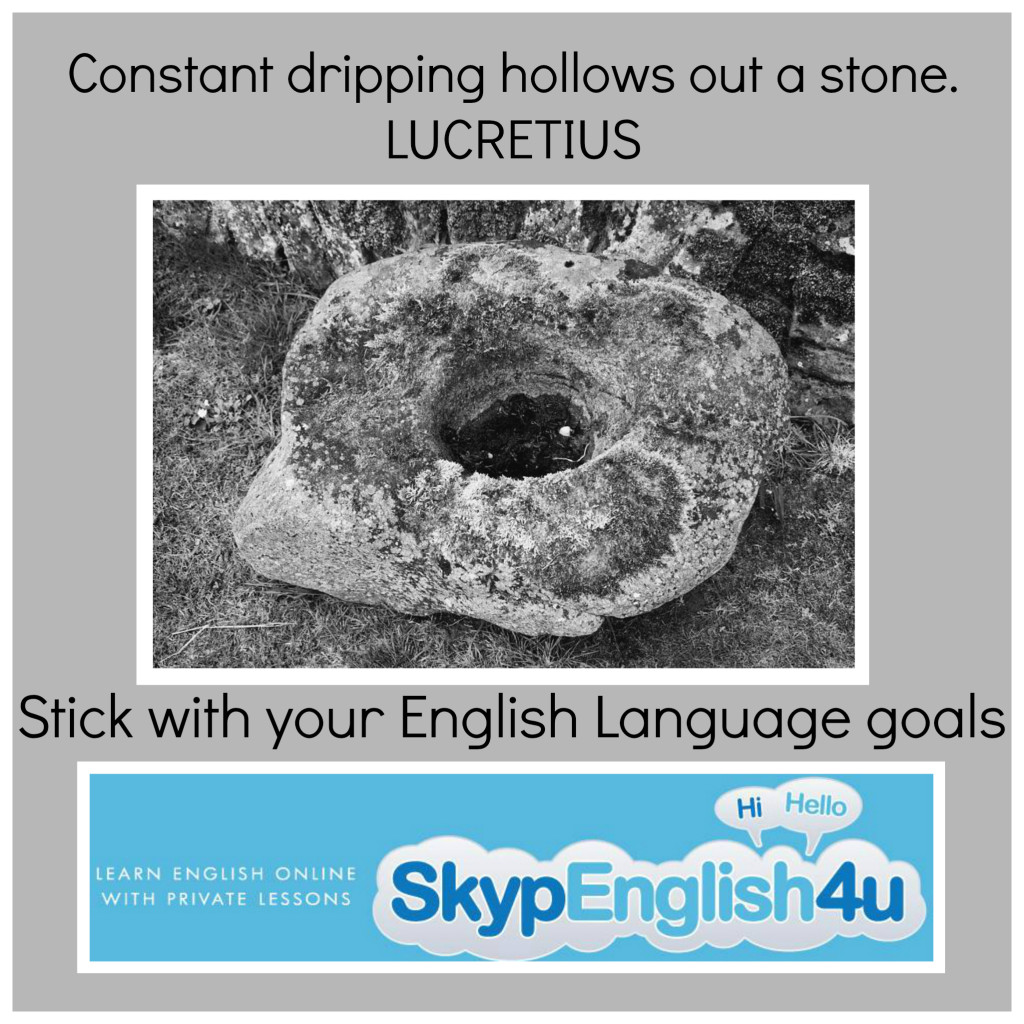Three – It’s The Magic Number
There is something special about the number 3, throughout history it has been a significant number and continues to be so today. The Egyptians built the Pyramids, the Bible talks of the 3 Wise Men and the Holy Trinity. There are 3 primary colours, 3 dimensions, 3 parts to time, we live on the third planet in our Solar System and there are 3 kingdoms on Planet Earth.
I could go on, but we would be here all day, so take a look at this page for more facts about the number 3.
The point I am trying to make is that we use the number 3 in many ways everyday without even realising that we are doing it, and in teaching it can be a very powerful weapon to have in your armour.
Think about it for a second or 3
Stories contain a beginning, middle and ending, and when we speak and use descriptive nouns we tend to use them in threes automatically. Presentations and reports normally include an introduction, main body of information and a conclusion. Our world seems to revolve around the number 3.
So, how can we use the number 3 in language lessons?
I am constantly working with a number of students who are preparing for IELTS speaking test, whose level of English is good, but they just need to show greater fluency on the day. The best little trick I can pass on to them is to think about the number 3.
What I mean is, when you are asked something about yourself, instead of just replying with a single answer such as, ‘I like to watch movies‘, what you need to do is think bigger.
In any answer, you need to think in threes, not in single nouns. So, let’s take movies, drinking coffee and reading as example personal traits, three not one. Next we need to add adjectives to each noun and where possible put them into a specific order of emotion, in order to end up with a response such as: ‘I like to read magazines and drink coffee, but most of all I love to watch movies.’
What you achieve by always thinking in threes is to actually help yourself to achieve greater fluency, which by return means a better score. However, it isn’t just nouns and adjectives that make us seem proficient and fluent. Idioms and phrasal verbs are just as important, and again 3 is the magic number to use. Try to introduce 3 simple idioms and 3 phrasal verbs, and to make sure that you practice using them before your speaking test, so that you understand how and when they are appropriate.
This method actually arms you with 3 tools for getting the score you need on your speaking test; always being able to answer questions with 3 responses, plus 3 idioms and 3 phrasal verbs to use. Interestingly enough, there are 3 parts to an IELTS speaking tests, so the idioms and phrasal verbs can be split equally between them.
For more on the Magic of 3, take a look at this video from EngVid.
[gap height=”15″]
Contact Rachel today > http://www.italki.com/teacher/1394345
[gap height=”15″]

